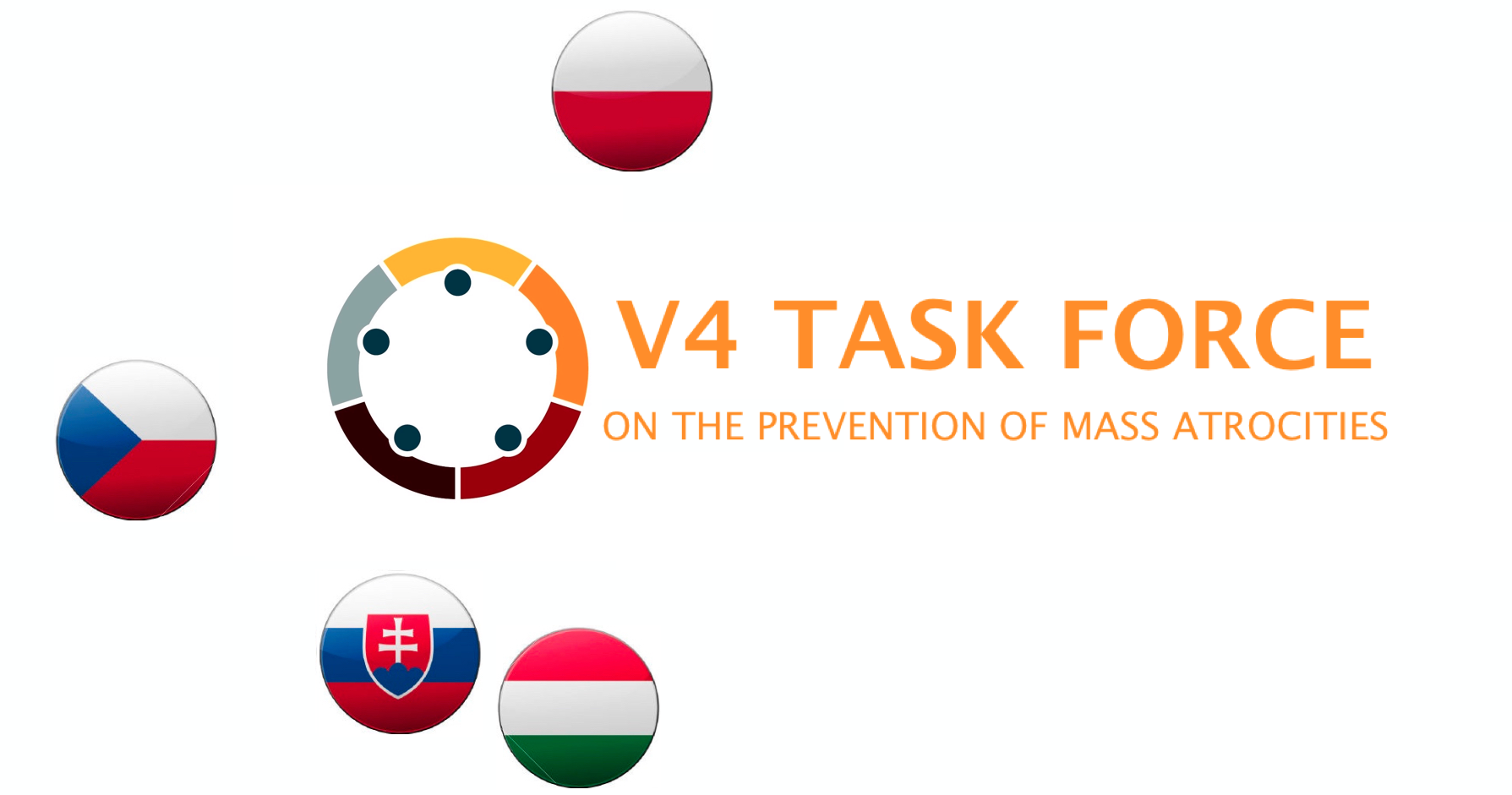Based on extensive experience obtained during a series of workshops organized in the Visegrad Countries in 2014-2015, and the mapping of the preventive capabilities of the European Union and five African Regional Organizations, BCMAP has launched a capacity mapping initiative across the V4 countries; the “V4 Task Force on the Prevention of Mass Atrocities” explores opportunities for cooperation in order to counter antisemitism, anti-Roma feelings, hatred, extremism, and radicalisation. The Initiative launched in 2016 is supported by the International Visegrad Fund.
In September 2016, BCMAP established a Task Force composed of researchers from the Visegrad region to assess the national preventive capabilities of the four countries and to make feasible recommendations for improvement. To that end, building upon the outcome of both desk research and bilateral consultations with practitioners, national worskhops are to be held over the course of March in the four capitals. These will provide opportunity for the representatives of the concerned national stakeholders to exchange views on the findings and the recommendations arising from this project. In order for participants to openly express their views, and to facilitate a vivid discussion, these national workshops are to be held under Chatham House rules.

The national findings and recommendations of the Task Force will be summarized in a Report that to be presented in June 2017 at a roundtable conference in Budapest. At this time, views will be exchanged on how best to move forward with the implementation of policy recommendations at the national and V4 level.





